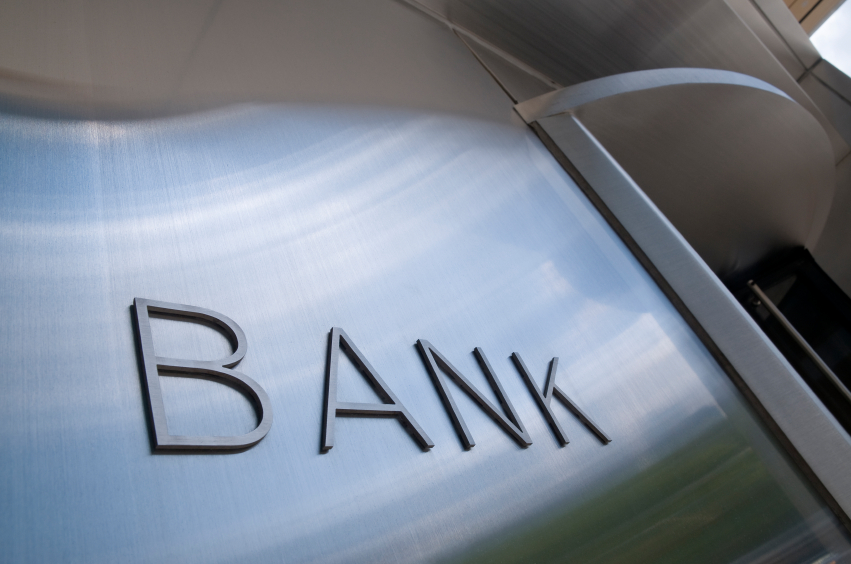One of the hottest—and hardest—topics in BSA/AML compliance is managing the risks due to third parties. Regulatory agencies including FinCEN, OFAC, and others have expanded the definition of “third party” to include any business relationship between a financial entity…
One of the most important components of BSA/AML compliance is a Customer Identification Program (CIP). After all, money laundering is done by people who do not want to be discovered, and most of them pose as legitimate customers. The…
By their very nature, money launderers will go to great lengths to cover their tracks. In the process, they use the normal activities of legitimate businesses like banks, credit unions, money service businesses, and other financial services organizations to…
In March 2014, Thomas J. Curry, Comptroller of the Currency, spoke before the Association of Certified Anti-Money Laundering Specialists about the Bank Secrecy Act (BSA) and Anti-Money Laundering law (AML) compliance. While he generally spoke positively about the efforts…
There have been concerns and debates over the accuracy and validity of polygraph results, written honesty tests, psychological testing, etc. over the years and it will undoubtedly continue. One issue surrounding the controversy is the fact that individual results…




